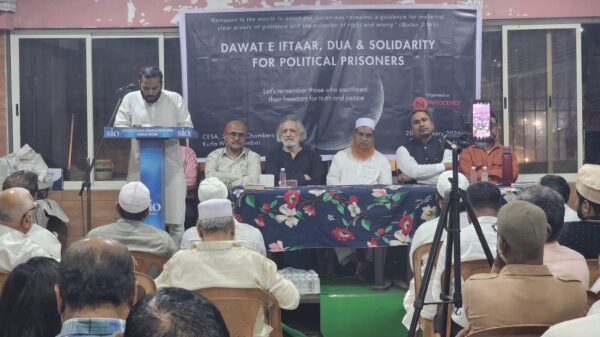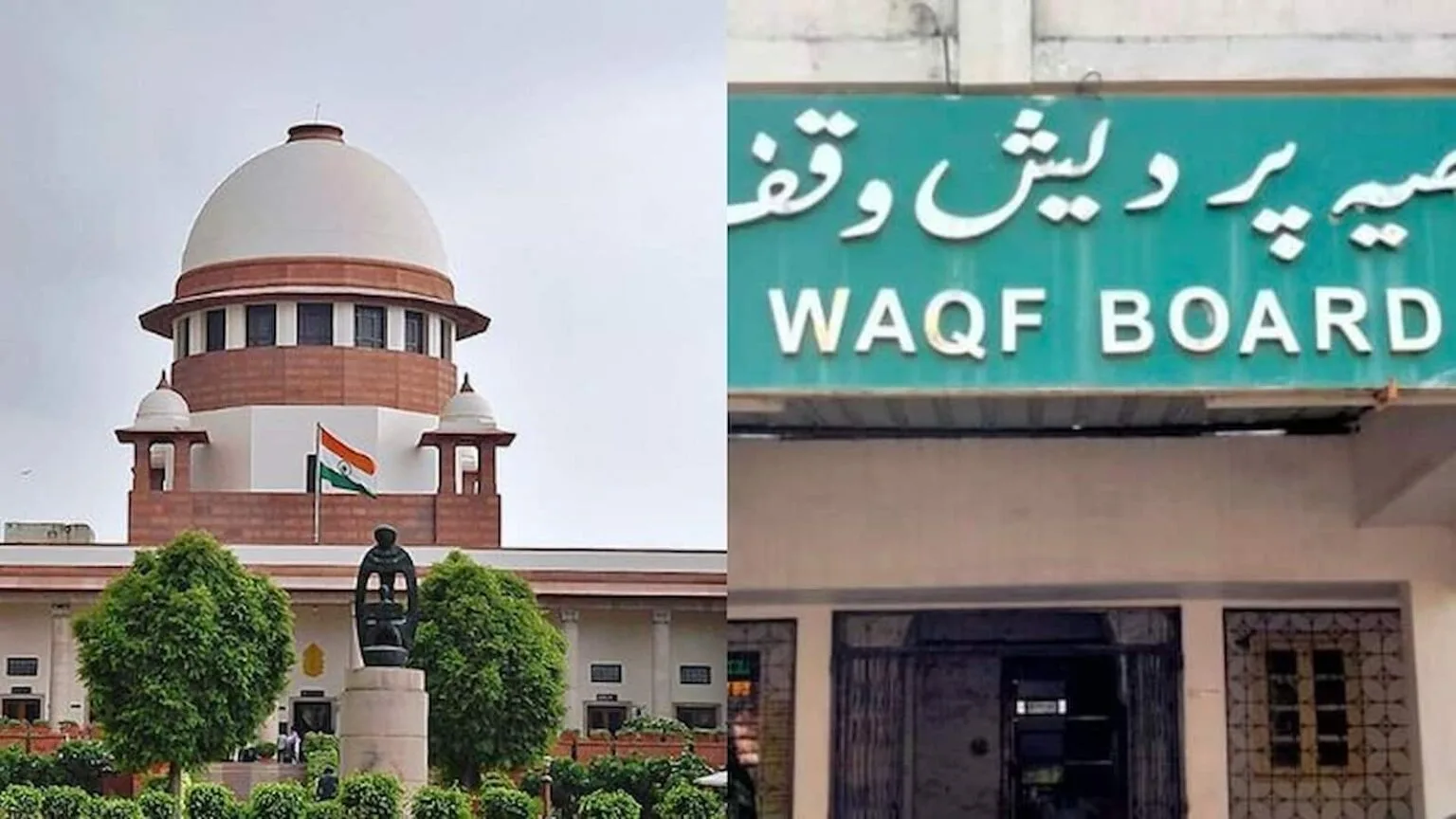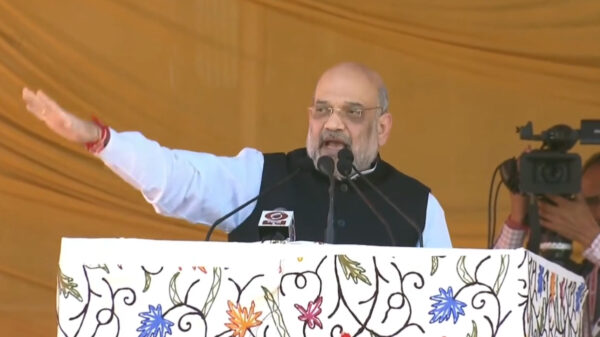The Indian government has stated that it will oppose any move to temporarily block the new Waqf laws while the Supreme Court hears challenges to these laws. The government argued that courts should not stop laws passed by Parliament unless absolutely necessary.
In its argument, the government said, “Laws made by Parliament carry a presumption of being constitutional. An interim stay would go against the balance of power between different branches of the government.” They also mentioned that the new laws were passed after careful discussion in Parliament.
The new Waqf laws include controversial rules such as requiring non-Muslim members to be part of the Waqf Council and state-specific boards. Also, donations to Waqf boards can only be made by practicing Muslims.
While the government argued that these laws were passed following an extensive process, some opposition leaders and religious groups have filed petitions against them. They argue that the laws violate the rights of individuals and religious groups.
Leaders from various political parties have joined the protests. Congress, AAP, DMK, and even BJP ally Nitish Kumar’s JDU have raised concerns. A key issue they are highlighting is that non-Muslims could be part of Waqf boards, but Muslims have not been allowed to be part of Hindu endowment boards.
Religious organizations like Jamiat Ulema-e-Hind and the All India Muslim Personal Law Board have also filed objections. “These laws interfere with our religious freedom,” said a spokesperson from Jamiat Ulema-e-Hind.
The Supreme Court is still considering whether to grant an interim stay on the laws. The government has assured the court that no Waqf appointments or changes in Waqf property status will happen until the case is decided.


































































